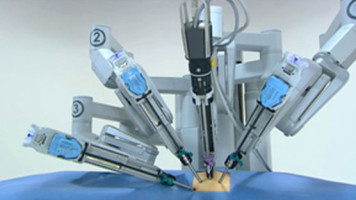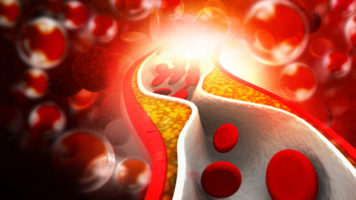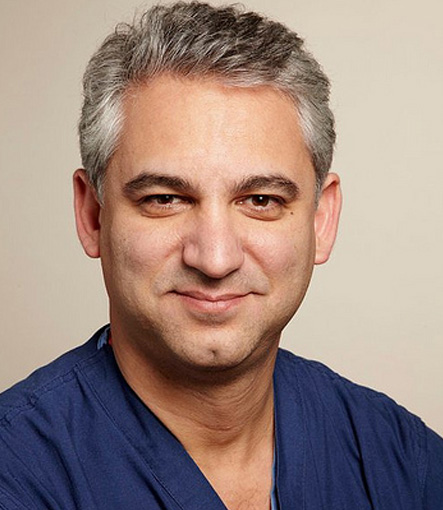Prostate Cancer: Hormone Therapy Linked To An Increase In Depression
A new study conducted by Brigham and Women’s Hospital (BWH) in Boston, MA, and published in the Journal of Clinical Oncology discovered a significant link between depression and men receiving androgen deprivation therapy (ADT) for localized prostate cancer. According to senior author Paul Nguyen, associate professor of radiation oncology at Harvard Medical School, patients who receive androgen deprivation therapy (ADT) for prostate cancer (PCa) often experience lower sexual function, put on weight and have less energy – all factors that can lead to depression. He further added:
“After taking a deeper look, we discovered a significant association between men being treated with ADT for PCa and depression. This is a completely under-recognized phenomenon.”
For the purpose of their study, researchers collected and examined data from about 78,552 men over 65 years of age with stage 1 to 3 prostate cancer recorded in the SEER-Medicare Linked Database between 1992-2006. They looked for any links between ADT and a diagnosis of depression or psychiatric treatment as an inpatient or outpatient. They also examined links between the duration of treatment and depression.
Compared with those who were treated with other therapies, men who received androgen deprivation therapy were 23 percent more likely to receive a diagnosis of depression, and also had a 29 percent increased risk of having inpatient psychiatric treatment. Researchers also discovered that about 7 percent of patients who were treated using testosterone-suppressing therapy went on to develop clinical depression within the next few years following treatment. About 5 percent of those who were not given the treatment also developed the mental condition later in life.
“Patients and physicians must weigh the risks and benefits of ADT, and this additional risk of depression may make some men even more hesitant to use this treatment, especially in clinical scenarios where the benefits are less clear, such as for intermediate-risk disease.”
Longer hormone treatment also increased a patient’s risk and researchers found a 12 percent increased relative risk with six or fewer months of treatment, a 26 percent increased risk with seven to 11 months, and a 37 percent increased risk with a year or more. Their study was purely observational and doesn’t prove causation. Researchers feel that further studies are needed in order to look at the different types of interventions that could potentially reduce the risk of depression for men receiving ADT for prostate cancer. In addition to identifying which groups may be at higher risk – such as those with a history of depression.






